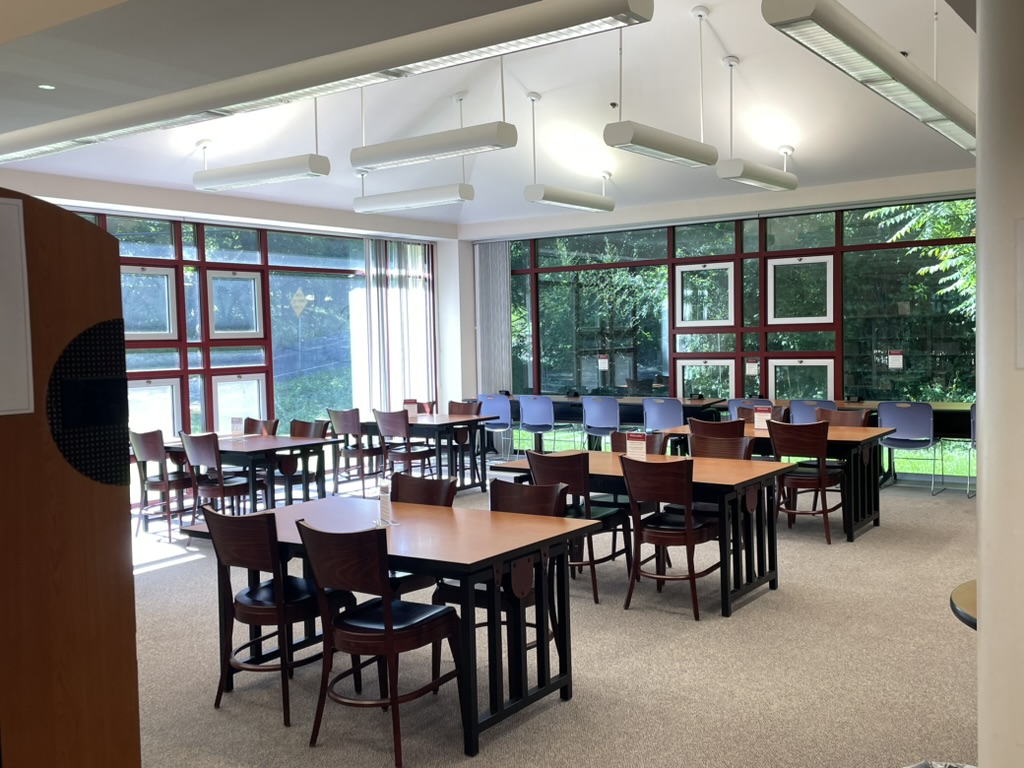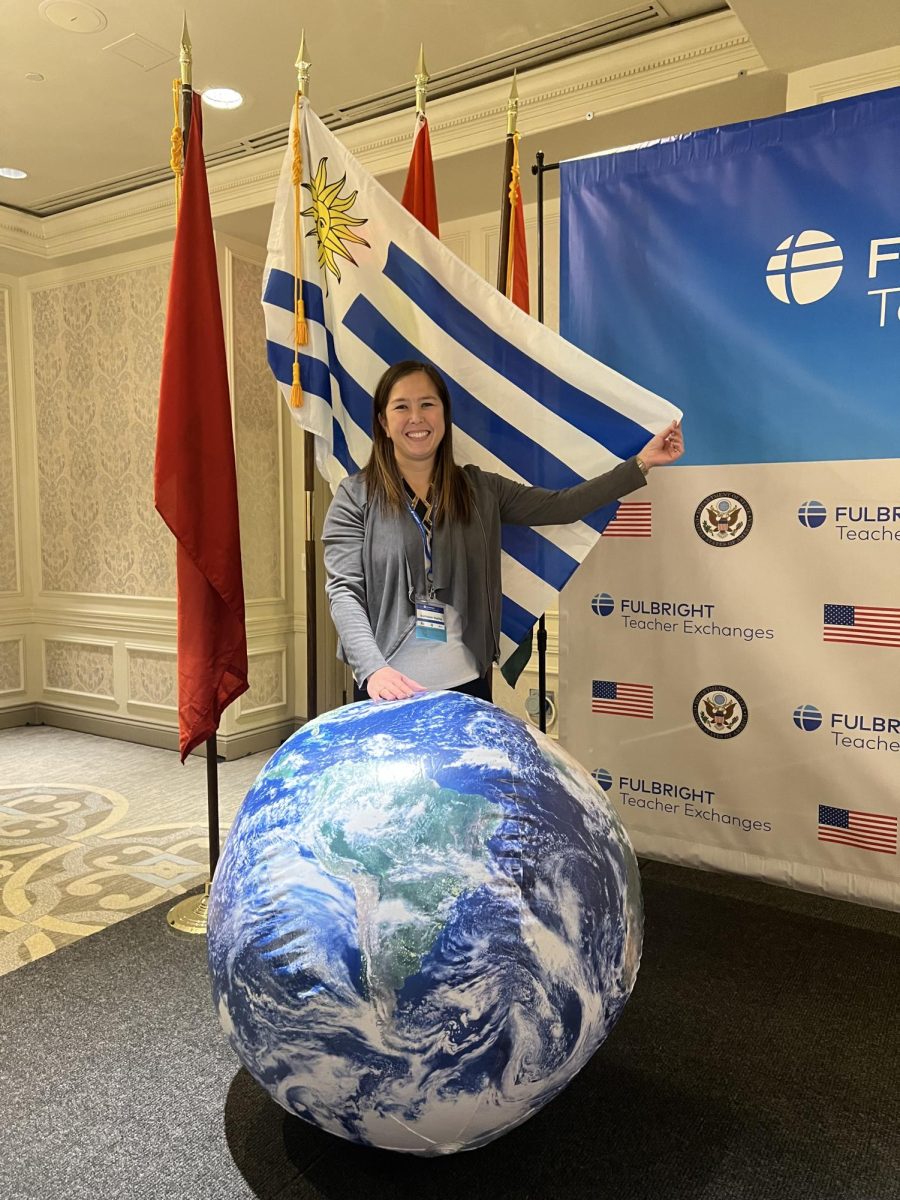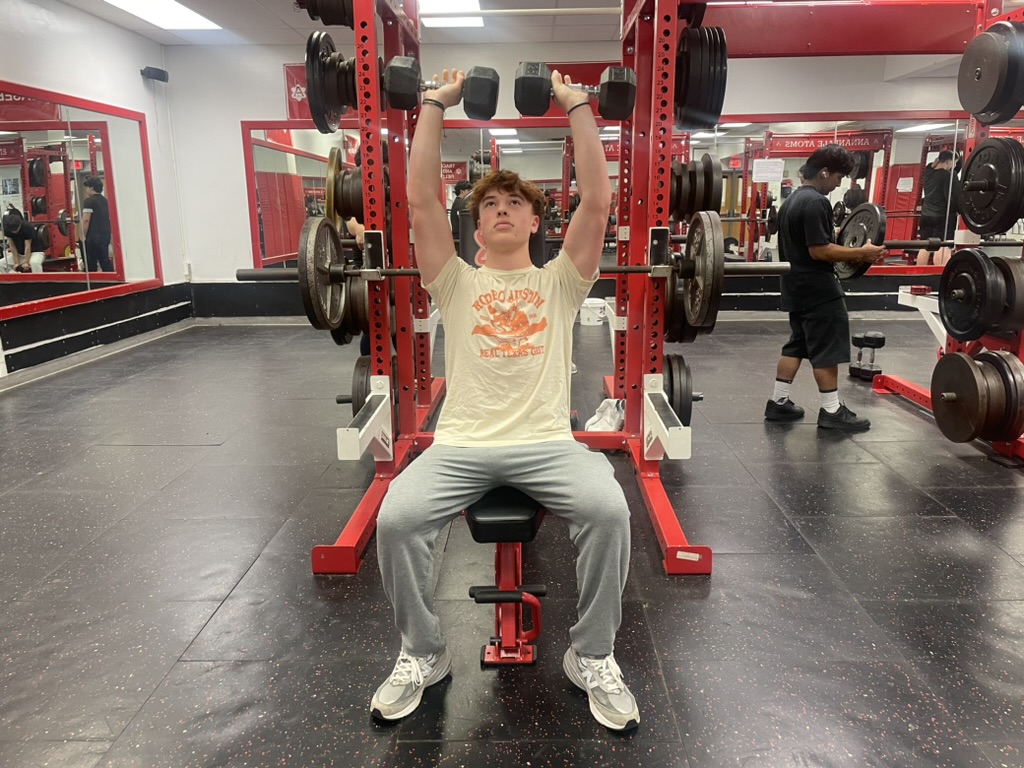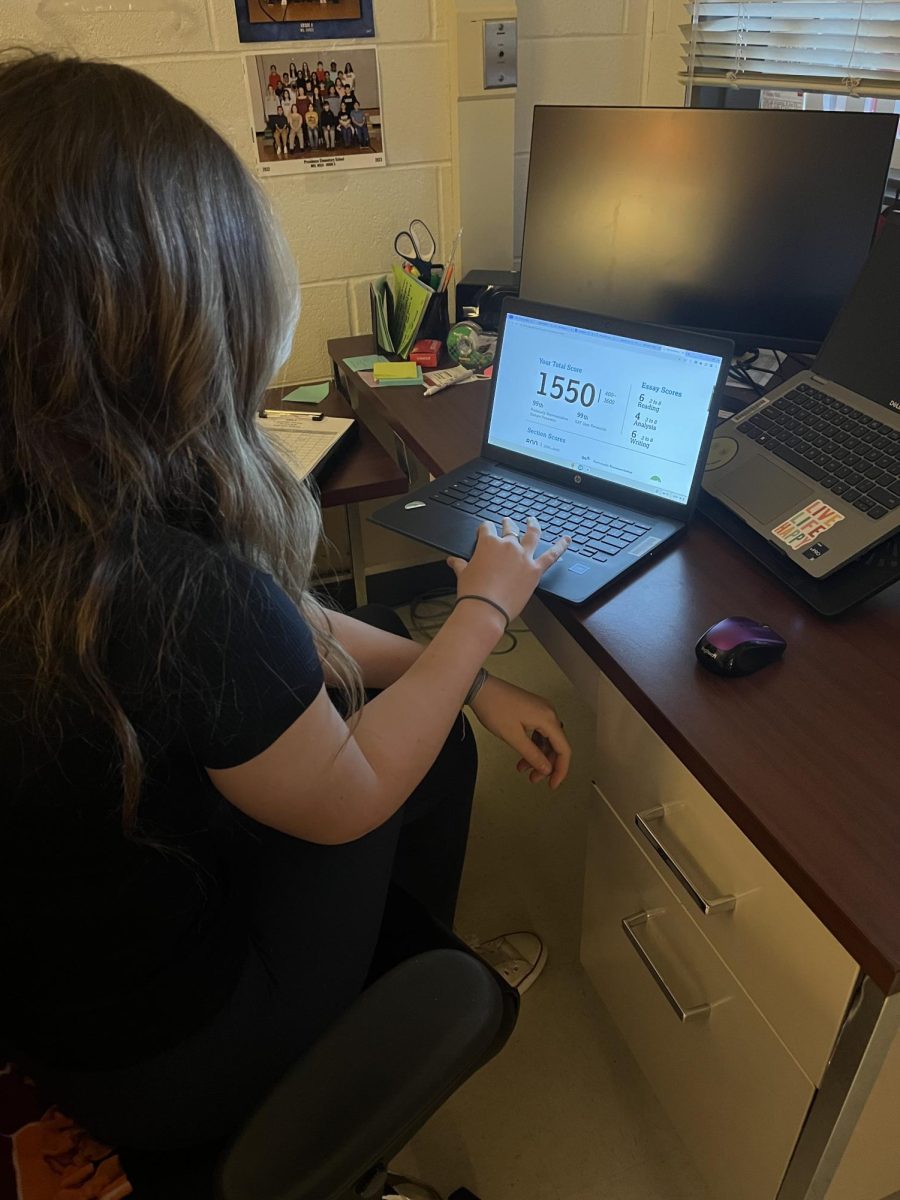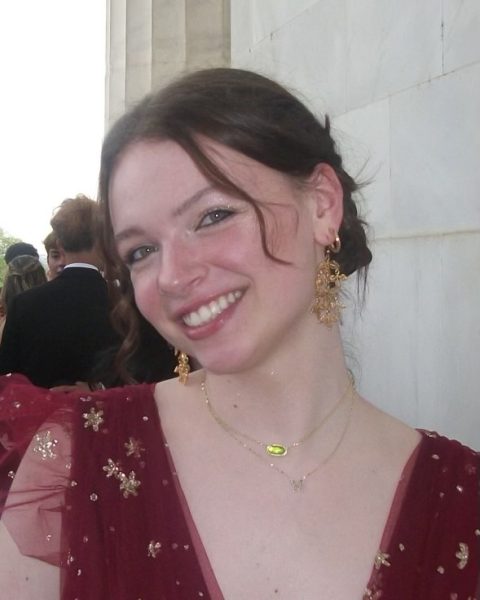Alternative school? You probably think of wilderness camp where you’re taken from your bed in the night and shipped off to the woods. Or maybe you think of violent criminals all together in a sterile school.
Alternative schools are none of those things, and they don’t aim to be either.
Across Northern Virginia, Alternative Learning Centers (ALCs) serve as a place for students to rehabilitate from previous infractions and return to public schools.
Schools like Montrose, located in the backyard of Holmes Middle School, provide a non-traditional learning environment to help students that have faced “behavioral challenges, or serious disciplinary action” as said in Montrose’s FCPS program overview.
Students in ALCs work with counselors and therapists to address social-emotional wellness needs and topics. By providing this support, students can feel connected with staff and like they matter.
“A lot it was more counselor focused, like you talk to a counselor every day,” said Ben Diconi, a former student at Montrose ALC, now at AHS. “You know, here [at AHS] if you want to talk to a counselor, you have to go out of your way to talk to them. There, a counselor kind of checks in on you like once or twice a week.”
Diconi attended both Burke and Montrose ALCs in 6th and 7th grade for a disciplinary infraction serious enough to remove him from his middle school.
“I hated Burke. Burke was awful,” Diconi said. “The teachers weren’t there for you, [it felt like] they were kind of just there showing up for their job. And I don’t need a teacher to be there for me, but it was different.”
Student support is a large focus of a lot of ALCs. Therapist Sammia Jones of New Beginnings Vocational School works closely with ALC students.
“Alternative schools offer a holistic and individualized approach to education, emphasizing mental health support and addressing learning differences,” said Jones. “By focusing on creating a positive and nurturing environment, these schools can significantly contribute to preventing students from entering the criminal justice system and supporting their overall well-being.”
That is the main goal of ALCs: to prevent students from entering the criminal justice system. By offering these centers as a place to go instead of straight to juvenile detention, students have a significantly higher chance of rehabilitation and a future without criminal involvement.
Diconi’s process of transitioning to an ALC after an infraction was not easy.
“So the start was terrible. I was in ISS (In School Suspension) [at Holmes] for probably a month and a half, just in there by myself like everyday,” said Diconi. “Then, [I] had to go to a hearing, like seeing yourself before a judge or something for the school. They talk to you about the situation and kind of ask you what happened. They were doing like a little good cop, bad cop thing. I hated it.”
Diconi’s experience at Montrose was not great, but it wasn’t all bad.
Students at Montrose were not allowed to interact with the students next door at Holmes Middle School.
“That was a little hard, because you weren’t allowed to talk to them. It was a little hard but I still texted them, you know,” Diconi said.
Montrose staff strives to provide a supportive environment for all students to feel connected and uplifted. Their goal is not to be strict disciplinarians, but structured, positive, support systems.
“Everyone there was just uplifting, like positive,” said Diconi. “They want to see you succeed, and get out of there. You could tell with every staff member that’s what they really wanted. At Burke it was different, they were just there doing their job.”
After attending Montrose for the required two quarters, Diconi was able to transition back to Holmes. By working with counselors at both schools during the reintegration process, students are ready to rejoin the classroom.
“The transition back was really smooth, like doing one semester/two quarters at Montrose and then that’s pretty much it,” said Diconi. “After the second quarter ended, I remember the first day I had to go to the counselors office and sign a bunch of papers, and then they just let me walk. Printed me a schedule and said go to class.”
Not all students have an easy transition back. “The shift back to mainstream schools can be accompanied by various obstacles, some obstacles, some common challenges that students face, stigma and stereotypes, educational gaps, and Discipline and Rules,” said Jones.
Stigma around Alternative Learning Schools still lingers, even years after a student transitions out of one.
“I wasn’t even a bad kid, you know, I was in middle school. People look at me like I’m a thug,” said Diconi. “It was bad though, like I hate telling people about it, [but] it was also a good lesson I think. I really try to keep myself out of trouble now, you know with college and everything.”
Diconi now plans to attend Michigan State University next fall.
Being the 10th largest school system in the country, FCPS houses 4 Alternative Learning Centers: Bryant, Burke, Montrose, and Mountain View. Having multiple ALCs around the county provides wide access for students who need these school resources.





